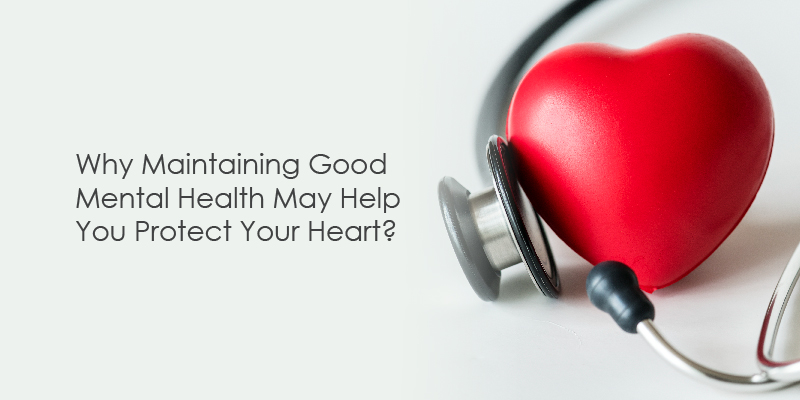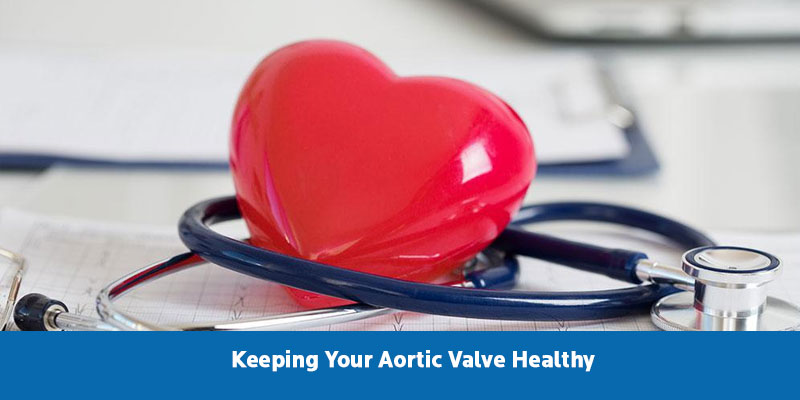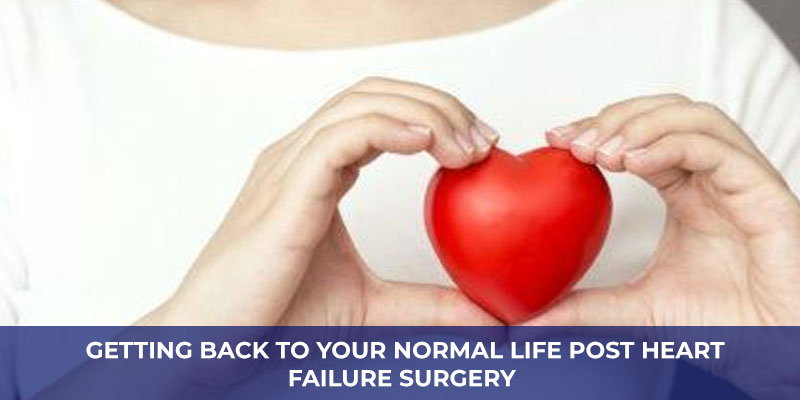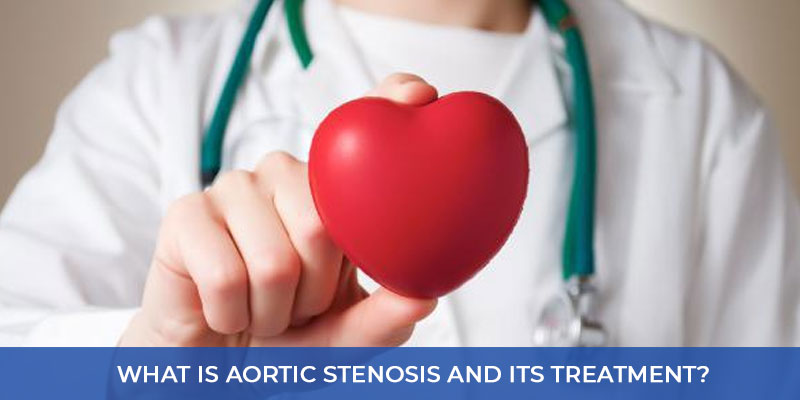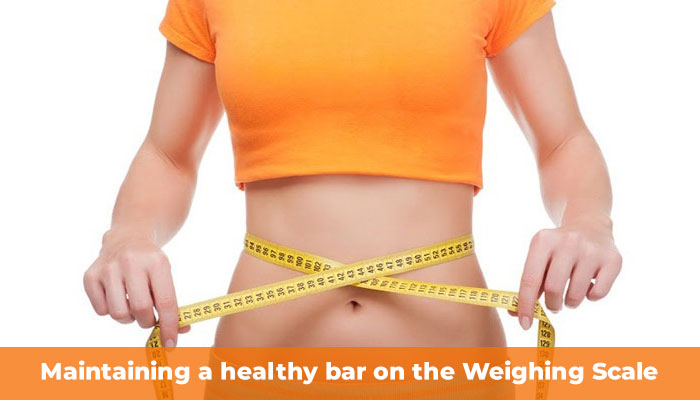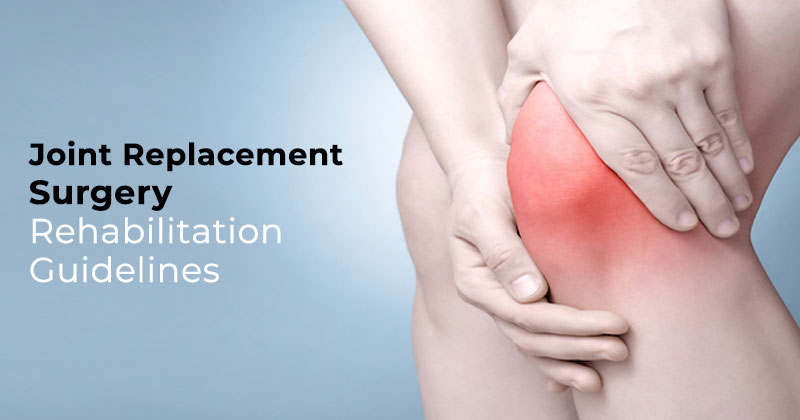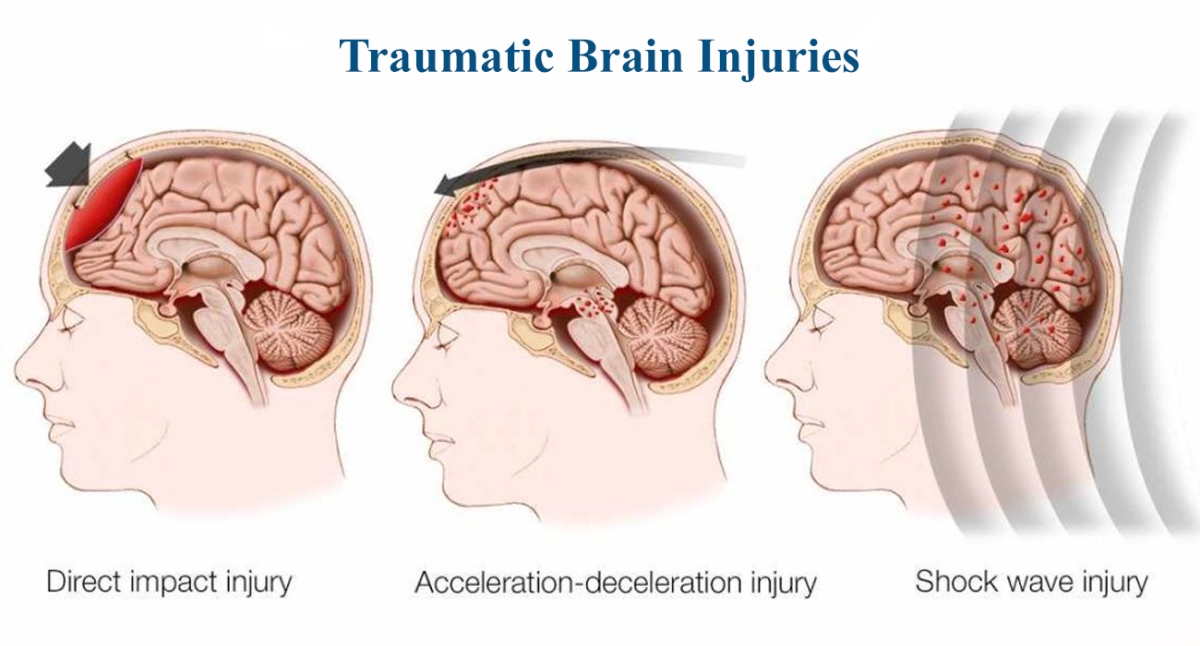The food we consume gives our bodies nutrients, energy and essential materials thanks required to work appropriately. On the off chance that we don’t get the right information to our body, our metabolic cycles endure and our health declines.
Assuming that we get a lot of food, or food that gives our bodies no benefits but harm in that case, we can become overweight, undernourished, and in danger of getting badly ill with various conditions, like joint pain, diabetes, and acute heart disease.
If we summaries it we can say that , it basically means the type of food we eat decides how our health will be.
“Food acts as a source of medicine–to maintain body health, prevent, and even to treat disease.
The key to a well-balanced healthy diet is not to consume too much of certain food items like salt, sugar, and food which is high in fat. Nowadays it’s pretty common to get bombarded with the latest food fad or trendy ingredient and that’s where we lose sight of the balance. A well balanced diet is absolutely necessary for a healthier self.
We can always take short – term benefits from such energy based food items but maintaining a long term good diet always pays off long term benefits.
When we consider changing our long term eating habits, we often look for food items that we can cut rather than the foods items we need to add. By adding more nutritional foods into our daily diet, it helps to alleviate non nutritional foods which are also known as “empty calories” without leaving us deprived from the benefits.
Healthy Eating Benefits
We’ve all been told by our parents and doctors that healthy eating can transform your life and help you live a longer and more active life. But the main question is what does healthy eating actually mean and how do you start putting this into practice and getting rid of your bad eating habits? For some of us, switching to healthy food habits may be a way to lose weight, for others the goal may be to lower their high blood pressure, and for some of us, it may be a way to live a healthier life.
However, this transformation doesn’t happen overnight. You can’t simply switch your lifestyle and the way you eat as well as getting rid of all the unhealthy cravings. This is a slow process and can be simply done by choosing steamed broccoli as a side rather than going for some crispy potatoes. It’s actually quite simple that even choosing an apple over chips for your mid-morning snack can make the difference.
So, simply switch to a healthy diet and see the difference.
Eternal hospital is one of the top multi speciality hospitals in Jaipur. We have the best in house diagnostic center that helps in treating various chronic diseases, this helps us in treating the most critical cases more efficiently. Eternal hospital is also famous and considered as the best urology surgery hospital in Jaipur.



